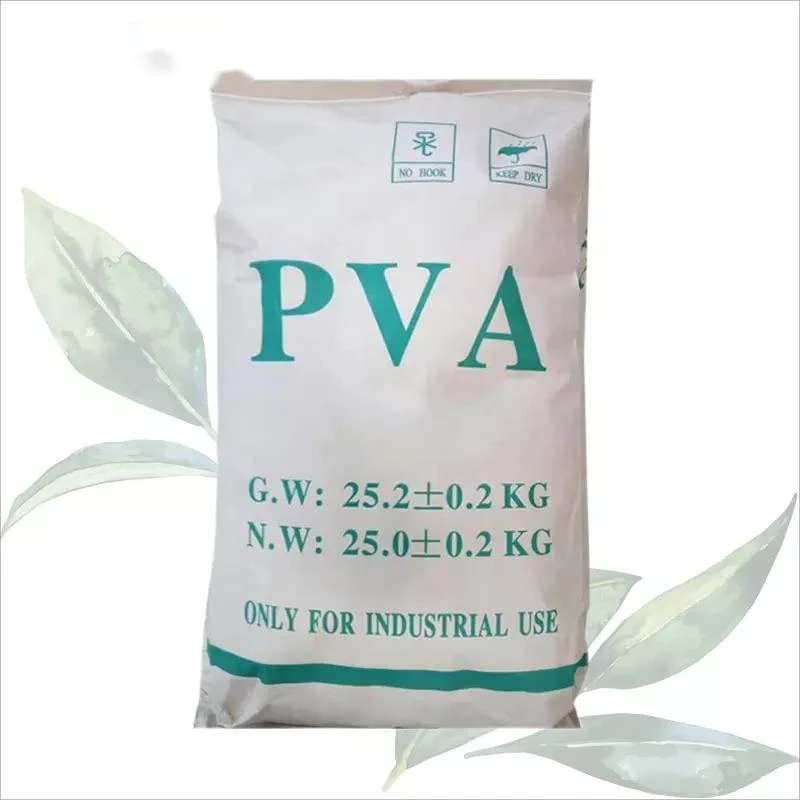The Role of HPMC in Construction Chemicals
In the ever-evolving realm of construction, the demand for high-performance materials is at an all-time high. One such material that has gained prominence in the construction chemicals sector is Hydroxypropyl Methylcellulose (HPMC). This versatile polymer is extensively used in various applications, from cement and plaster to tile adhesives and coatings. Its unique properties not only enhance the performance of construction materials but also contribute to sustainability initiatives in the industry.
What is HPMC?
HPMC is a water-soluble cellulose ether derived from natural cellulose. It is synthesized through the chemical modification of cellulose, involving hydroxypropyl and methoxy groups. This modification lends HPMC its distinct characteristics, setting it apart from traditional cellulosic materials. HPMC is known for its excellent water retention, thickening, and binding properties, making it an essential ingredient in numerous construction chemical formulations.
Benefits of HPMC in Construction
1. Enhanced Workability One of the primary advantages of HPMC is its ability to improve the workability of construction mixes. When added to cement-based products, HPMC increases the viscosity, allowing for easier application. This is particularly critical in tile adhesives and grouts where optimal flow and adhesion are essential for performance.
2. Water Retention HPMC possesses remarkable water retention capabilities. In mortar and plaster applications, it helps to retain moisture for an extended period, ensuring that the curing process occurs effectively. This property is crucial for preventing crack formation and ensuring the durability of the finished product.
3. Improved Adhesion The inclusion of HPMC enhances the adhesion properties of construction materials. In tile adhesives, for example, HPMC enables better bonding between substrates and tiles, reducing the risk of tile detachment over time. This improved adhesion is vital for the longevity of construction projects.
construction chemical hpmc

4. Thickening Agent HPMC serves as an excellent thickening agent in various construction formulations. It adjusts the rheological properties of mixtures, providing a desirable consistency that facilitates easy application and minimizes sagging in vertical applications.
5. Compatibility with Other Materials HPMC is compatible with a wide range of other additives and materials used in construction chemicals. This versatility allows formulators to create customized products that meet specific performance criteria, paving the way for innovative construction solutions.
Sustainability and Environmental Impact
The construction sector faces increasing scrutiny regarding its environmental impact. Utilizing HPMC helps improve the sustainability of construction processes. Its ability to retain water means less reliance on additional water sources during construction, contributing to efficient resource management. Moreover, the use of biodegradable and natural components in HPMC aligns with the industry's shift toward greener practices.
Conclusion
As the construction industry continues to evolve, the importance of high-performance materials like HPMC cannot be overstated. Its multifaceted benefits—from enhancing workability and adhesion to improving water retention and sustainability—make it a vital component of modern construction chemical formulations. As we strive for more efficient and sustainable building practices, HPMC will undoubtedly play a prominent role in shaping the future of construction. Embracing such innovative materials ensures we meet the demands of today’s construction needs while remaining mindful of our environmental responsibilities.
In summary, incorporating Hydroxypropyl Methylcellulose into construction applications is not just a trend but a necessity. As the industry moves forward, ongoing research and development will likely yield new formulations and applications for HPMC, further solidifying its place in the pantheon of essential construction chemicals. With its proven advantages and adaptability, HPMC is set to contribute significantly to the advancement of sustainable construction practices worldwide.
-
Rdp Powder: Key Considerations for Wholesalers in the Building Materials IndustryNewsJul.08,2025
-
Key Considerations for Wholesalers: Navigating the World of Hpmc - Based ProductsNewsJul.08,2025
-
Hpmc Detergent: Key Considerations for WholesalersNewsJul.08,2025
-
Key Considerations for Wholesalers: China Hpmc For Tile Adhesive, Coating Additives, Concrete Additives, and MoreNewsJul.08,2025
-
Crucial Considerations for Wholesalers: Navigating the World of Construction MaterialsNewsJul.08,2025
-
Key Considerations for Wholesalers Sourcing Additive For Cement, Additive For Concrete, Additive For Putty from Additive Manufacturer Shijiazhuang Gaocheng District Yongfeng Cellulose Co., Ltd.NewsJul.08,2025




